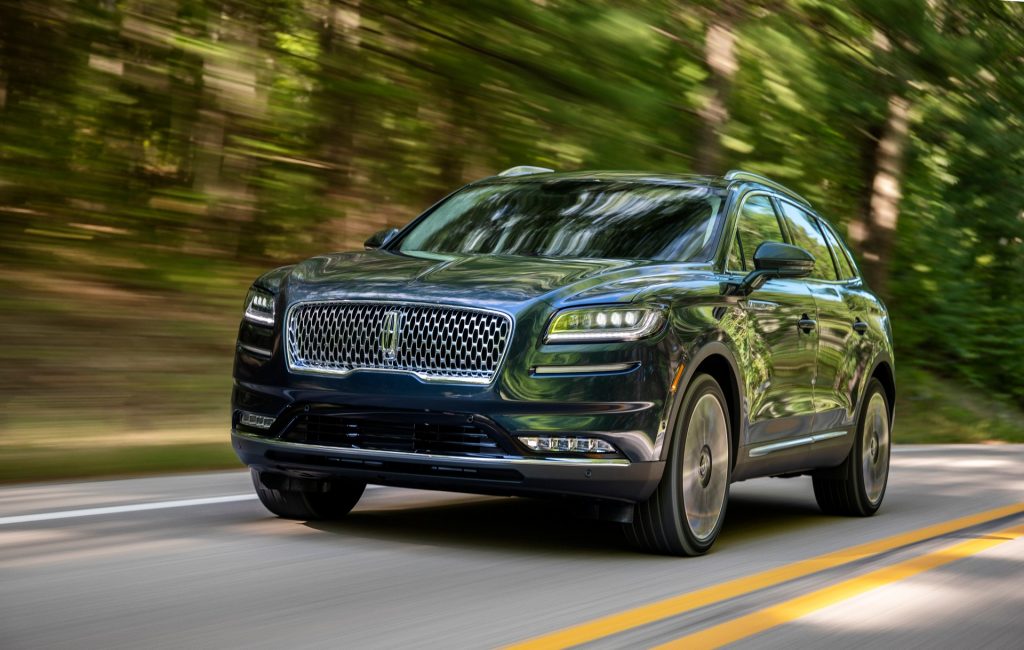- The NHTSA has closed an engineering probe into the reliability of Ford 2.7 and 3.0 Nano EcoBoost engines.
- Faulty intake valves on some 2021-22 Ford Bronco, F-150, Edge, Explorer, Lincoln Nautilus, and Lincoln Aviator vehicles had dropped into combustion chambers.
- Ford is recalling cars to check their engines but opted to give owners a 10-yr, 150,000-mile warranty rather than renew all working powertrains immediately.
America’s National Highway Traffic Safety Administration (NHTSA) is closing a probe into EcoBoost engine failures after Ford said it would check potentially affected engines and give owners a 10-year, 150,000-mile (240,000 km) warranty. But the automaker stopped short of offering to replace every engine now.
The NHTSA first opened a preliminary evaluation into failures of 2.7-liter EcoBoost engines fitted to 2021 Bronco SUVs in July 2022 after receiving reports of vehicles losing all power and being unable to restart.
Related: Ford’s Probe Into EcoBoost V6 Failures Leads To Recall Of 90,000+ Vehicles
But when it became clear that the problem was bigger than first thought, the study was escalated in 2023 to a full engineering analysis of all MY 2021-22 Ford and Lincoln vehicles fitted with 2.7 and 3.0 EcoBoost engines. Potentially affected models included the Ford Bronco, F-150, Edge, Explorer, Lincoln Nautilus, and Lincoln Aviator.
Ford’s own investigators traced the problem to a batch of incorrectly machined intake valves that fractured at the keeper groove due to a hardening of the structure caused by a grinding burn. The broken valve could drop into the engine where it made a big old mess. Ford showed the NHTSA evidence of 825 warranty claims and 936 engine exchanges.

A change in the metal alloy used to make the valves meant engines built after October 2021 weren’t at risk of grenading but that still left an estimated 90,736 vehicles on the road with the old hardware. Ford announced a recall in September for the Bronco, Explorer, Edge, F-150, Aviator, and Nautilus, but it didn’t commit to automatically giving each one a new engine, its studies showing that most failures happened when the engines had only a few thousand miles, meaning most that will fail have already done so.
But to be on the safe side, the recalled cars will run through some high rpm cycle tests at dealerships to work out if they’re a worthwhile candidate for a new motor. And for added peace of mind for owners – and to ensure residuals don’t drop through the floor – Ford is giving those vehicles an extended powertrain warranty that provides cover for up to 10 years or 150,000 miles, whichever comes first.




